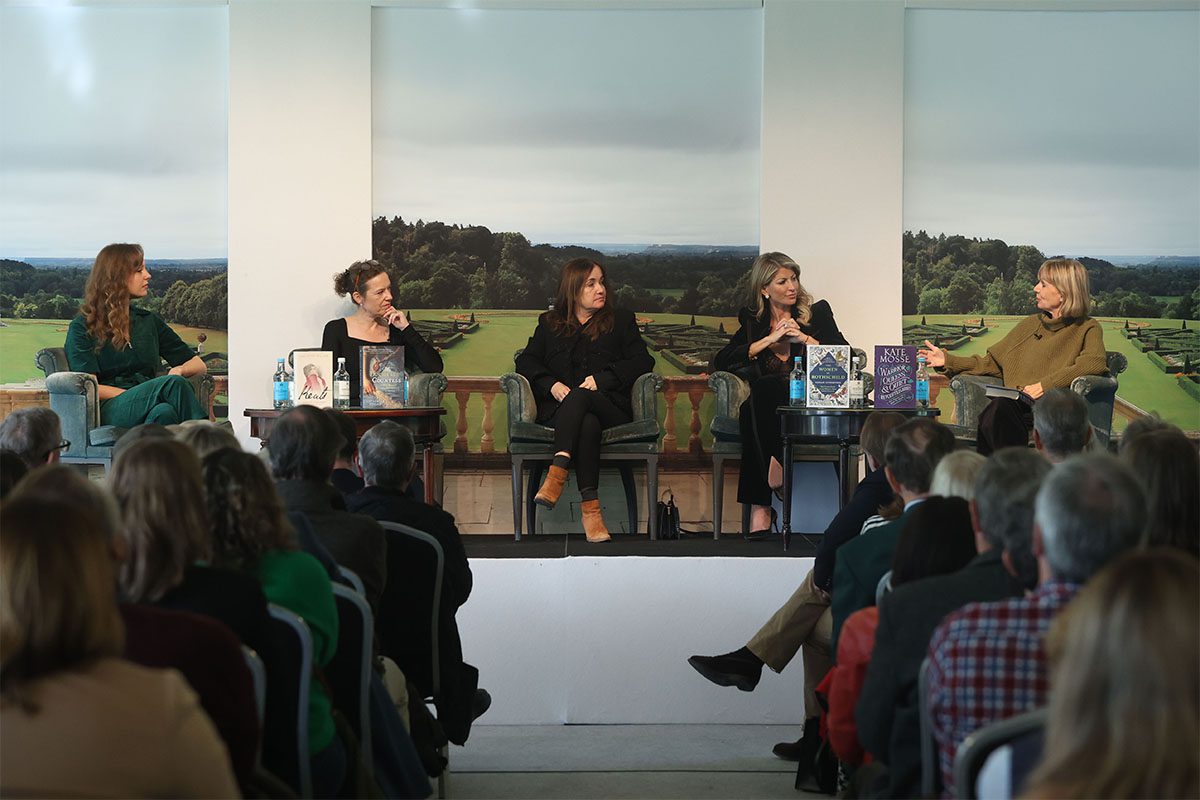 Entrepreneurs, historians, politicians and cultural leaders came together at the annual Cliveden Literary Festival, a weekend event that nourishes and inspires the mind, and the importance of informed perspectives
Entrepreneurs, historians, politicians and cultural leaders came together at the annual Cliveden Literary Festival, a weekend event that nourishes and inspires the mind, and the importance of informed perspectives
Literary festivals are proliferating: in the UK alone, there are more than 350 annually, one for each day of the year. But quantity does not mean quality; serious writers need to spend time on their books, not attending endless panel discussions. Last weekend our sister publication, the Oxford Review of Books, took part (courtesy of the hosts) in the Cliveden Literary Festival, the most bijou and sophisticated of British book events.
Follow LUX on Instagram: luxthemagazine
Set in an imposing country house which historically played host to some of the world’s leading literary and society figures, Cliveden is as much a thought-leadership event as a literary one. Panellists and speakers included Michael Gove, the peripatetic British politician who is demonised by many opposed to Brexit, but who is also one of the most effective and thoughtful government figures of the past decades.

Michael Gove
The historian Andrew Roberts, now Lord Roberts, spoke about his new biography of Lord Northcliffe, the man who gave us the Daily Mail; visionary Oxford history professor Peter Frankopan was as compelling as ever; Brian Cox spoke about Succession (did we detect a little respect for his character, media tycoon Logan Roy, from the masterly leftwing Shakespearean actor?); entrepreneur Luke Johnson was scathing about governments and business; and Yana Peel, former Serpentine gallery director and now Chanel art suprema, extrapolated on contemporary art. Other topics included Ukraine, China and India (together), and the continuing significance of ancient Rome, on which author Robert Harris was compelling.
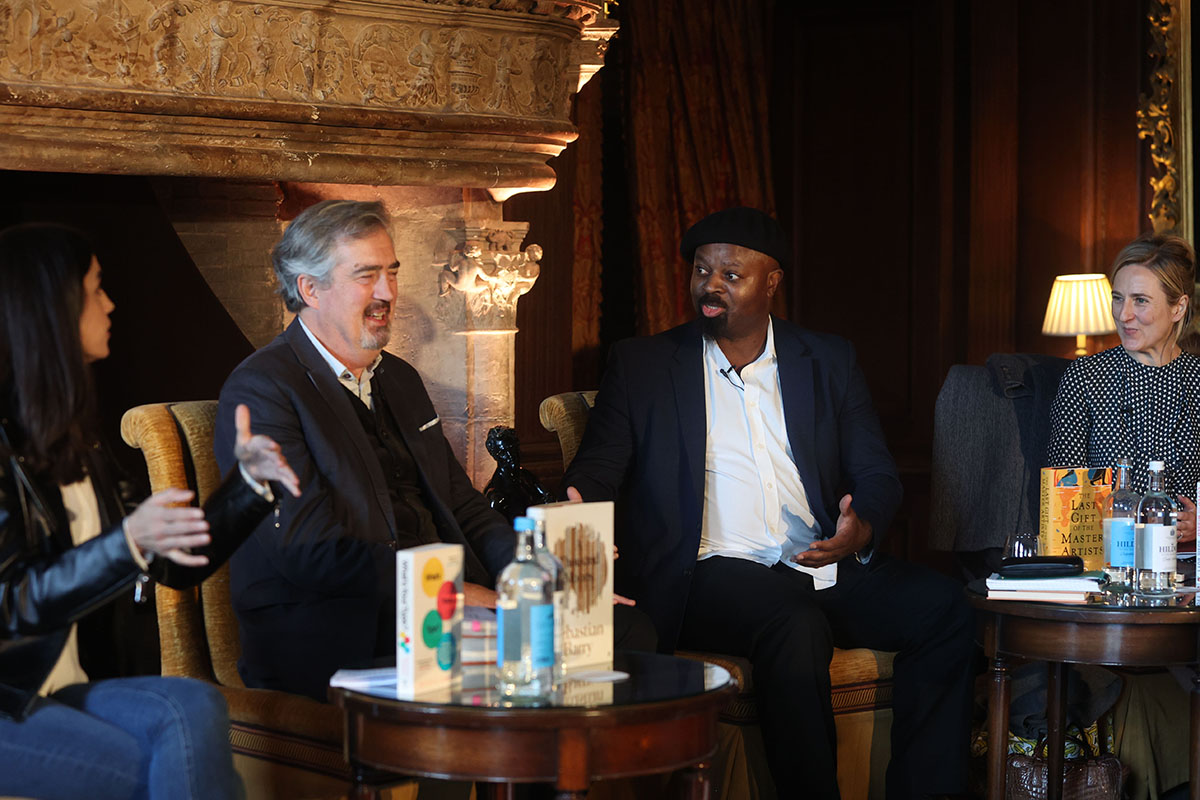
Merve Emre, Sebastian Barry, Ben Okri and Susie Boyt
Thought leaders should not all think alike, and the sessions were enlivened by disagreement: Johnson challenging Gove over government policy (a clear win for Johnson in terms of commercial logic, but Gove has been a world-class debater for four decades, so we will call it a draw); and an unidentified audience member challenging the always-erudite Frankopan on a point he made about Elon Musk.
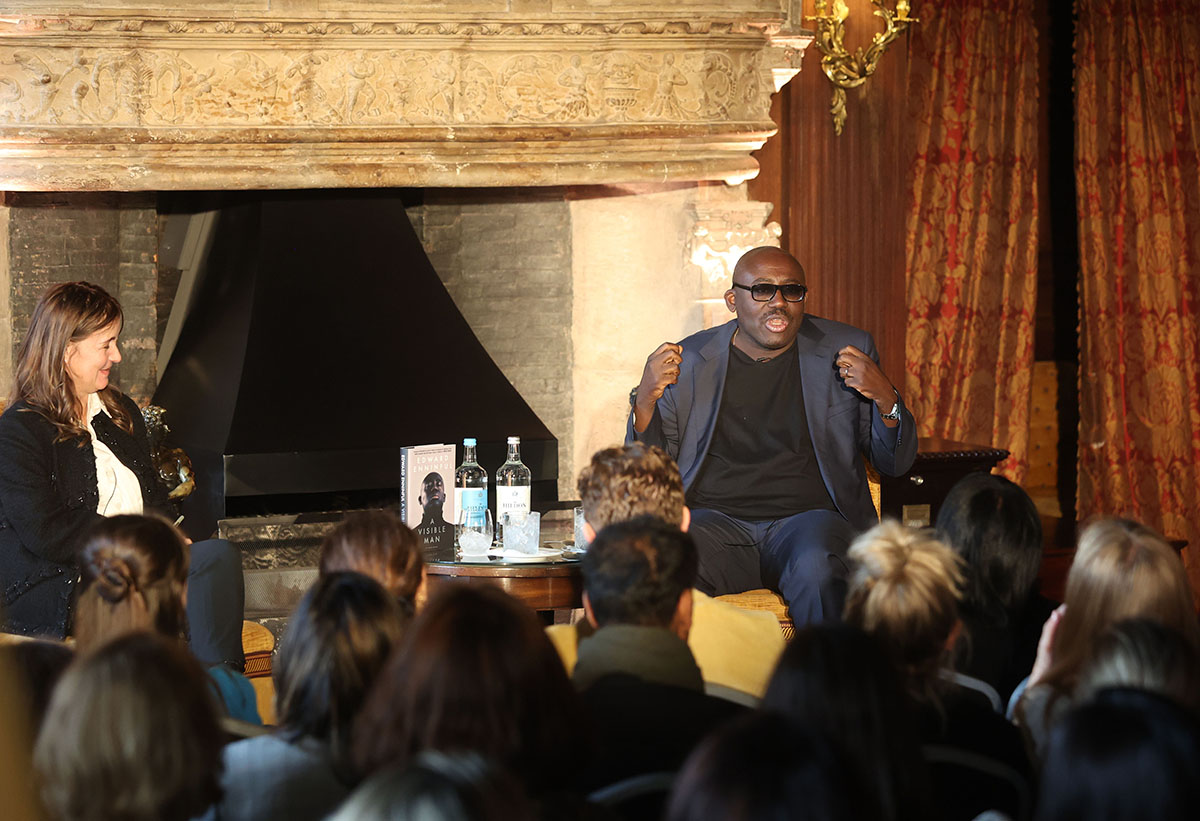
Edward Enniful
The audience at Cliveden is as high-powered as the panellists, and while we can’t identify the questioner, he looked as though he ran numerous corporations through his private equity fund, and enjoyed a good yacht in the summer. For those amazed at the temerity of a mortal challenging the Oxford University Professor of Global History, it turns out both of them were right: Frankopan had correctly quoted a decision announced the previous day by Musk, but the audience member was more up to date, as Musk had reversed his decision that morning.
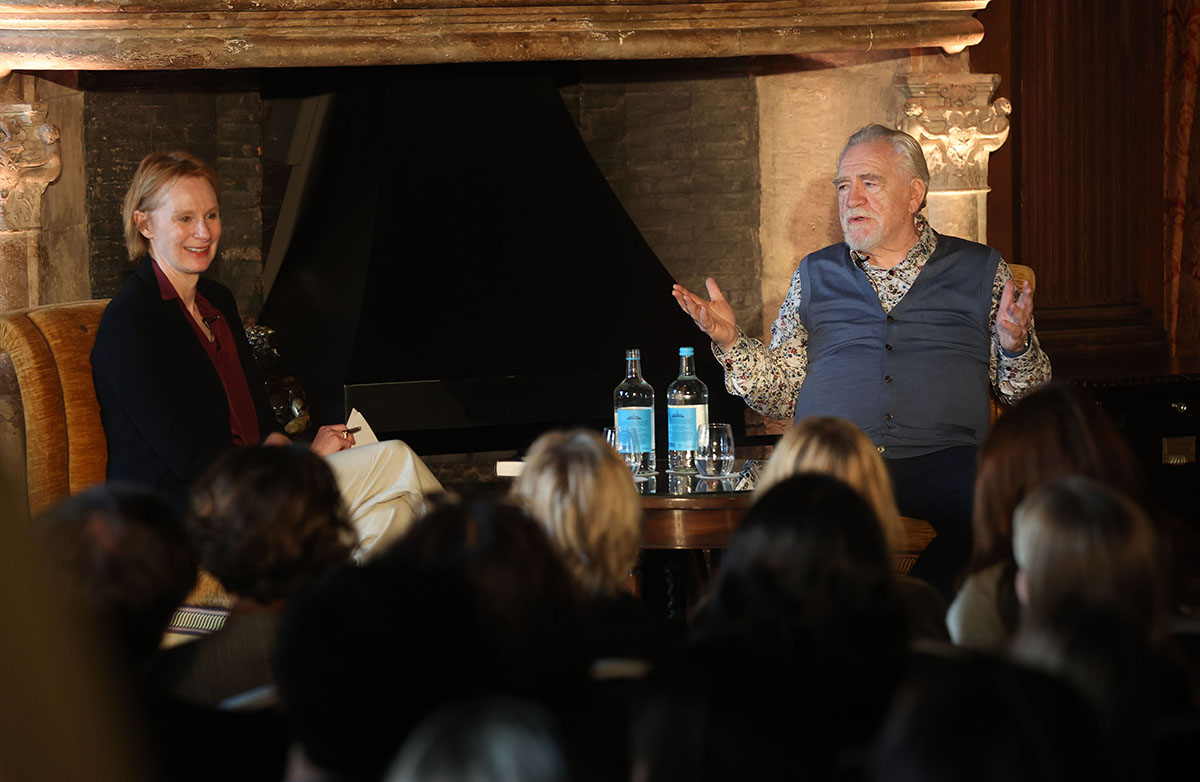
Brian Cox
At the end of each day, rows of chauffeur-driven cars lined up at the grand driveway of Cliveden to whisk audience members home, while panellists and some guests stayed at the grand country house, amid its parkland. There is no filler at the Cliveden literary festival, no second-raters, no random poetry recitals, no childrens’ entertainers. The founders are graduates from Oxford and Cambridge, an author and a historian, and their intellectual focus is evident.
Read more: Audemars Piguet Contemporary’s Paris Debut
Perhaps a little more consideration could have been given to the hottest topic in thought leadership today, enterprises that are attempting to change the world for good (or “profit with purpose”). And it is all a little friends and family, a little cliquey – in one session, all three panellists, the moderator, the audience member asking a question and this writer observing from the back, were all contemporaries at Oxford. But that is where the power and influence lies, and they come to Cliveden.
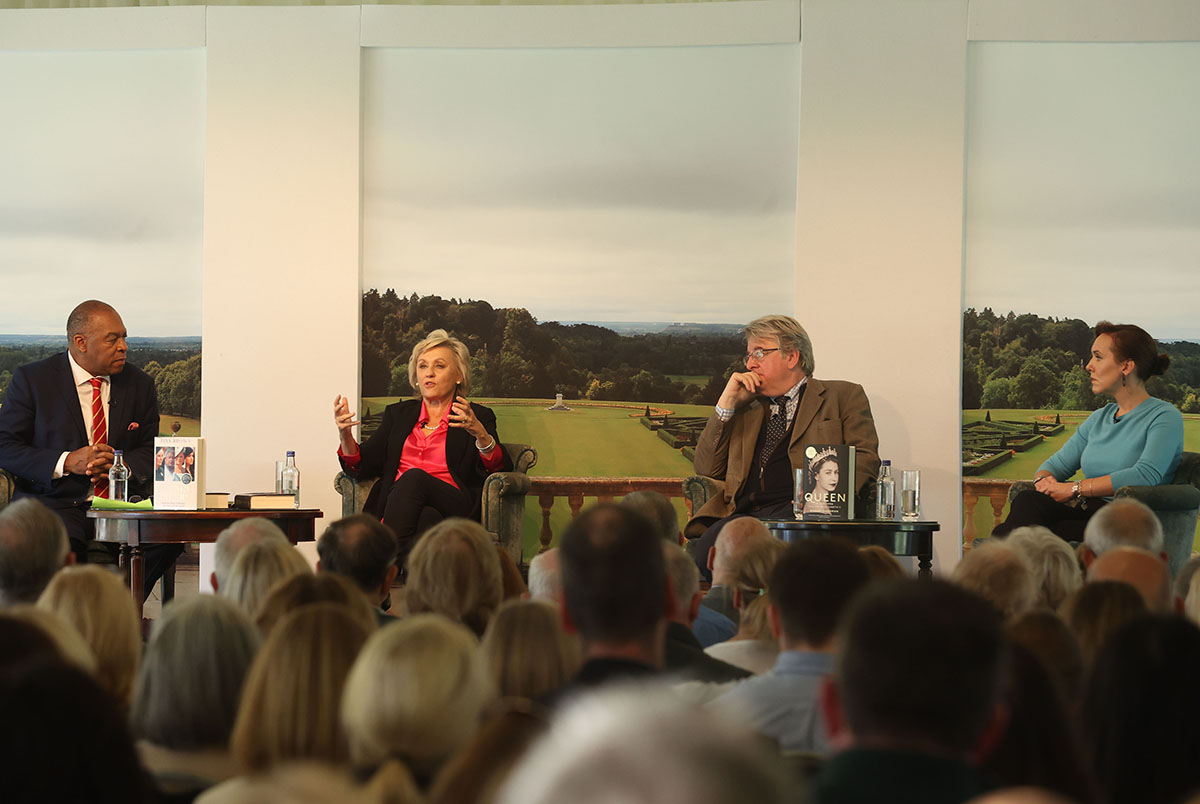
Wesley Kerr, Tina Brown, Robert Hardman and Camilla Tominey
In a world where this is too much information and too little thought, Cliveden is a thoughtful curation of the right kind of information, from the people who create it. There is nothing else quite like it, and for maximum enlightenment we recommend booking early for this boutique festival in its idyllic setting next year – and we have told the organisers that they need to do more festivals, perhaps in Paris and New York.
Darius Sanai
Find out more: clivedenliteraryfestival.org

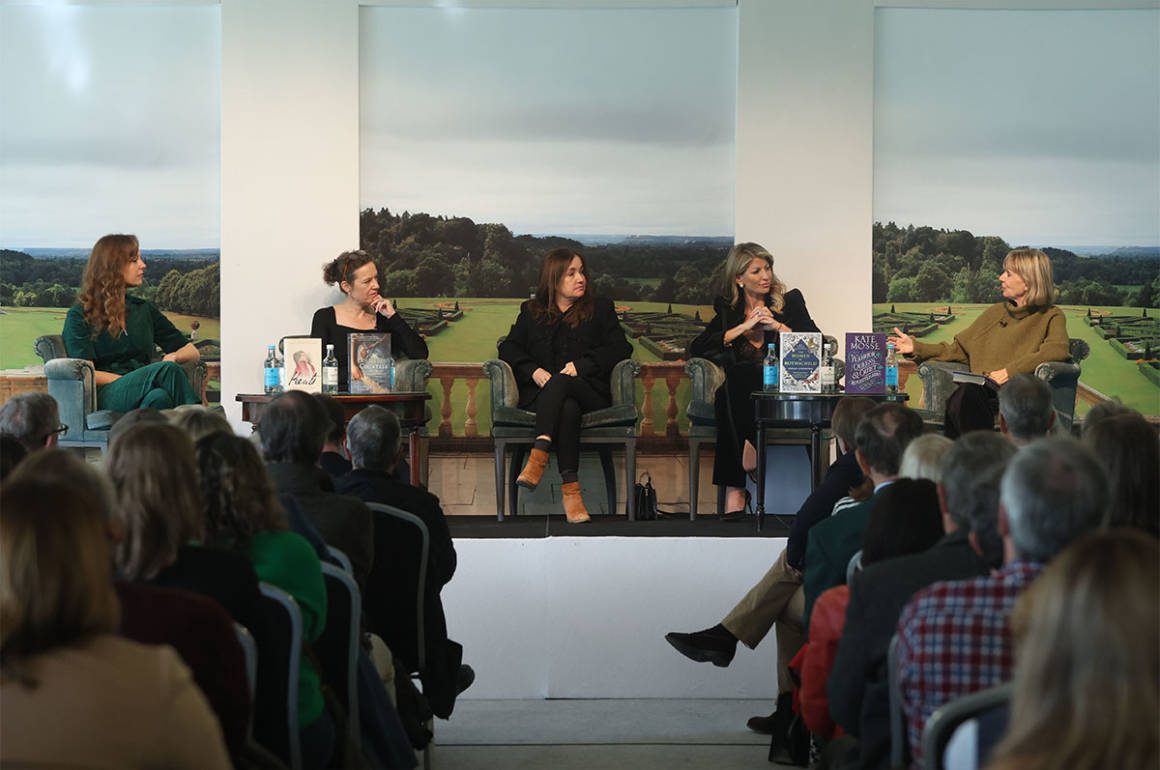
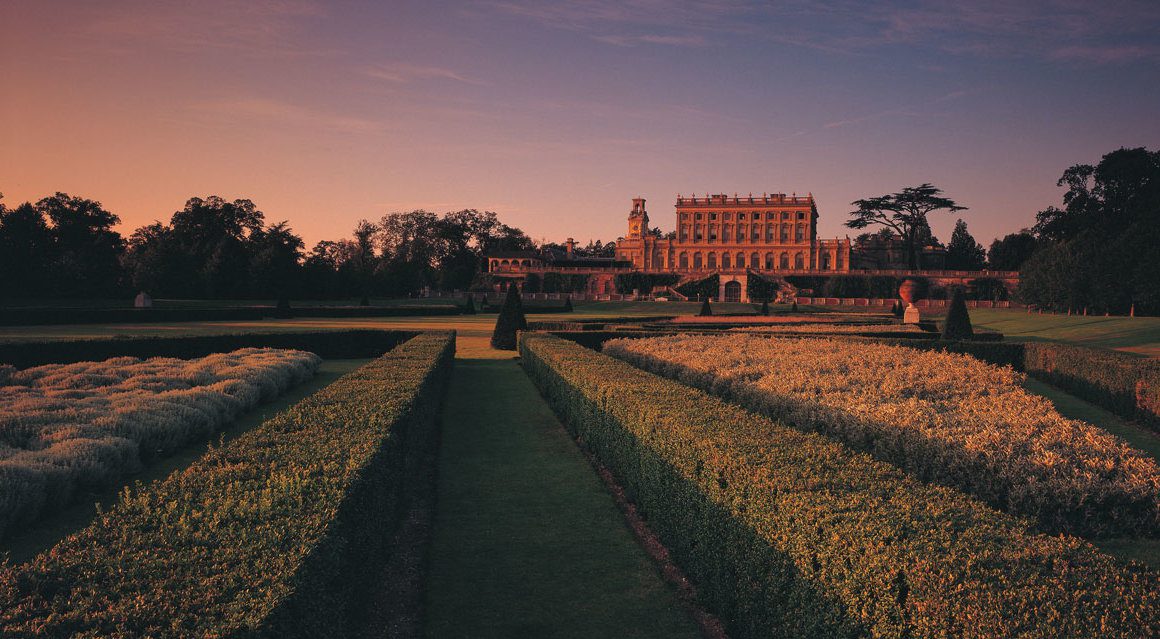
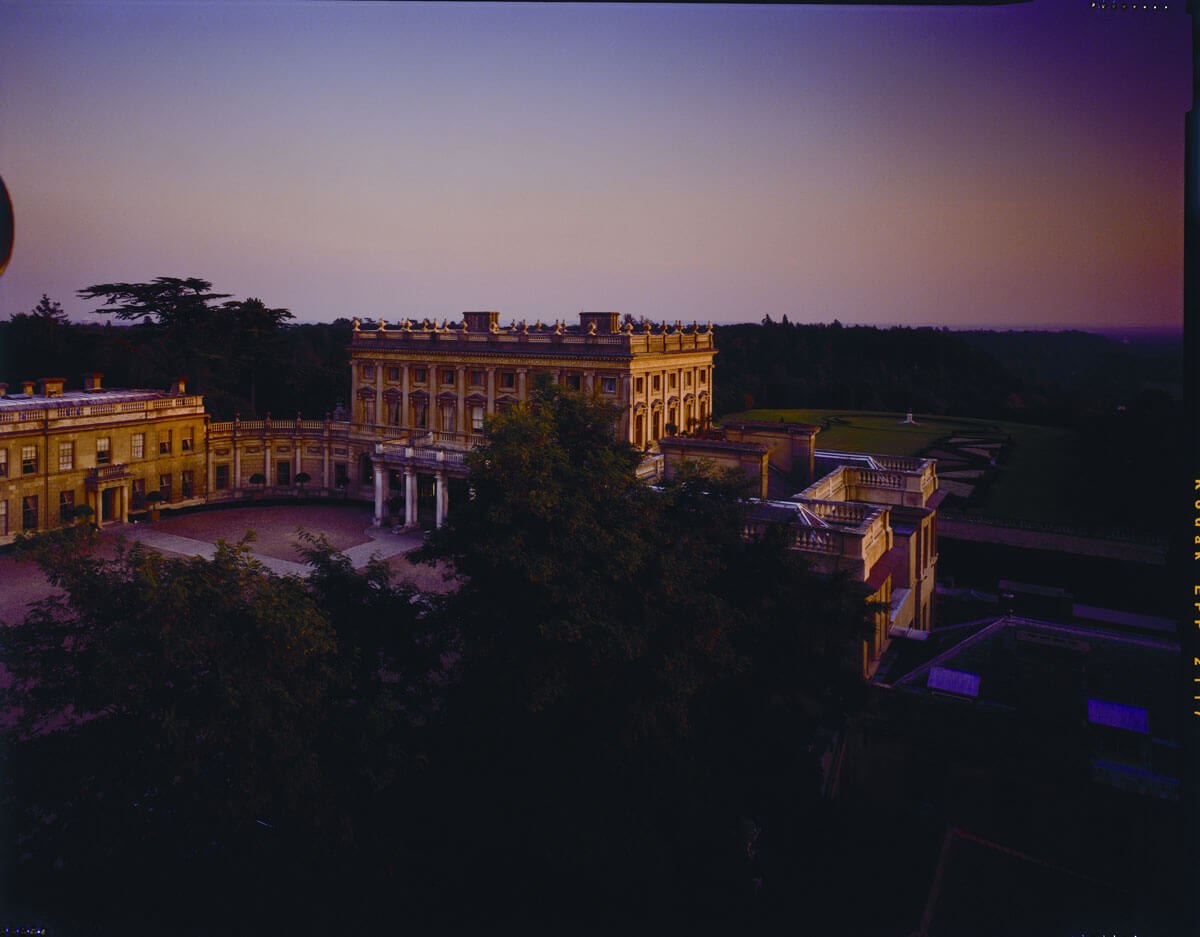
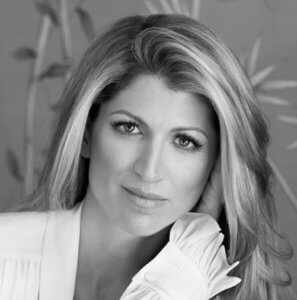
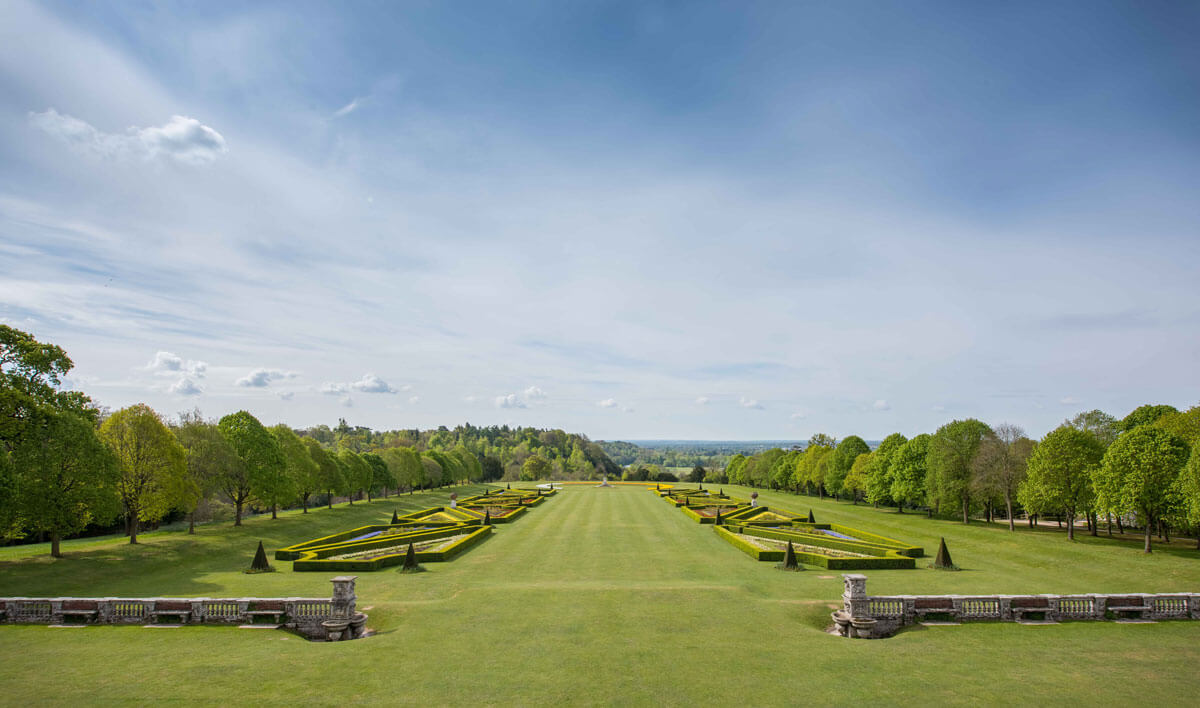
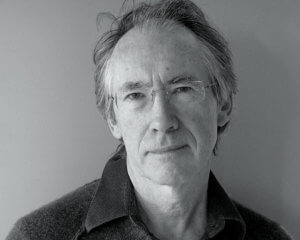
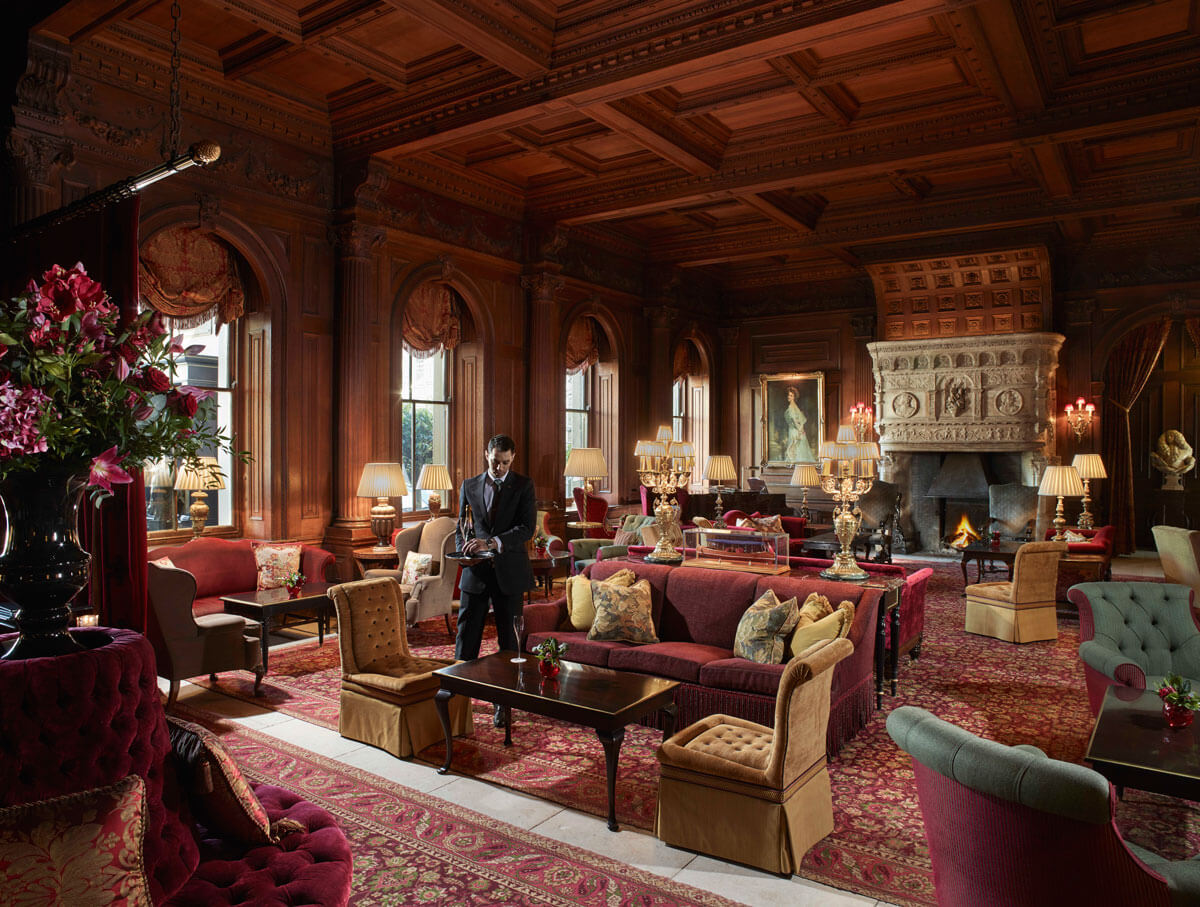
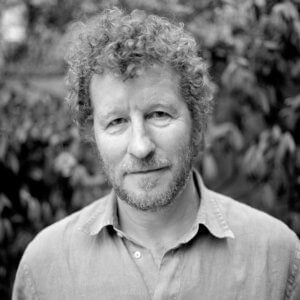





Recent Comments